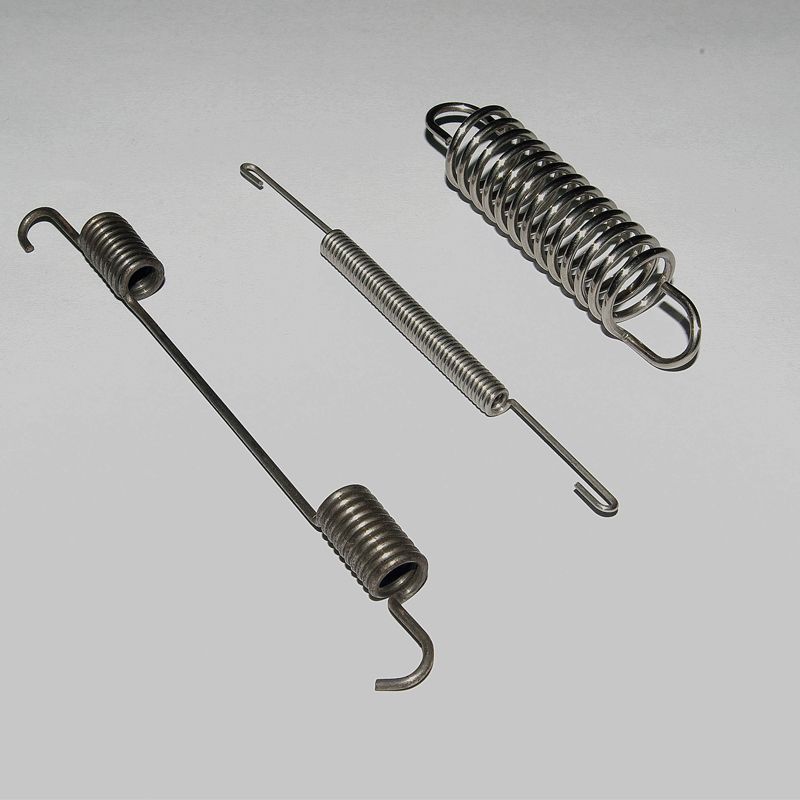2. Proper Nutrition A balanced diet that meets the nutritional needs of cattle can support overall health and resilience to injury.





